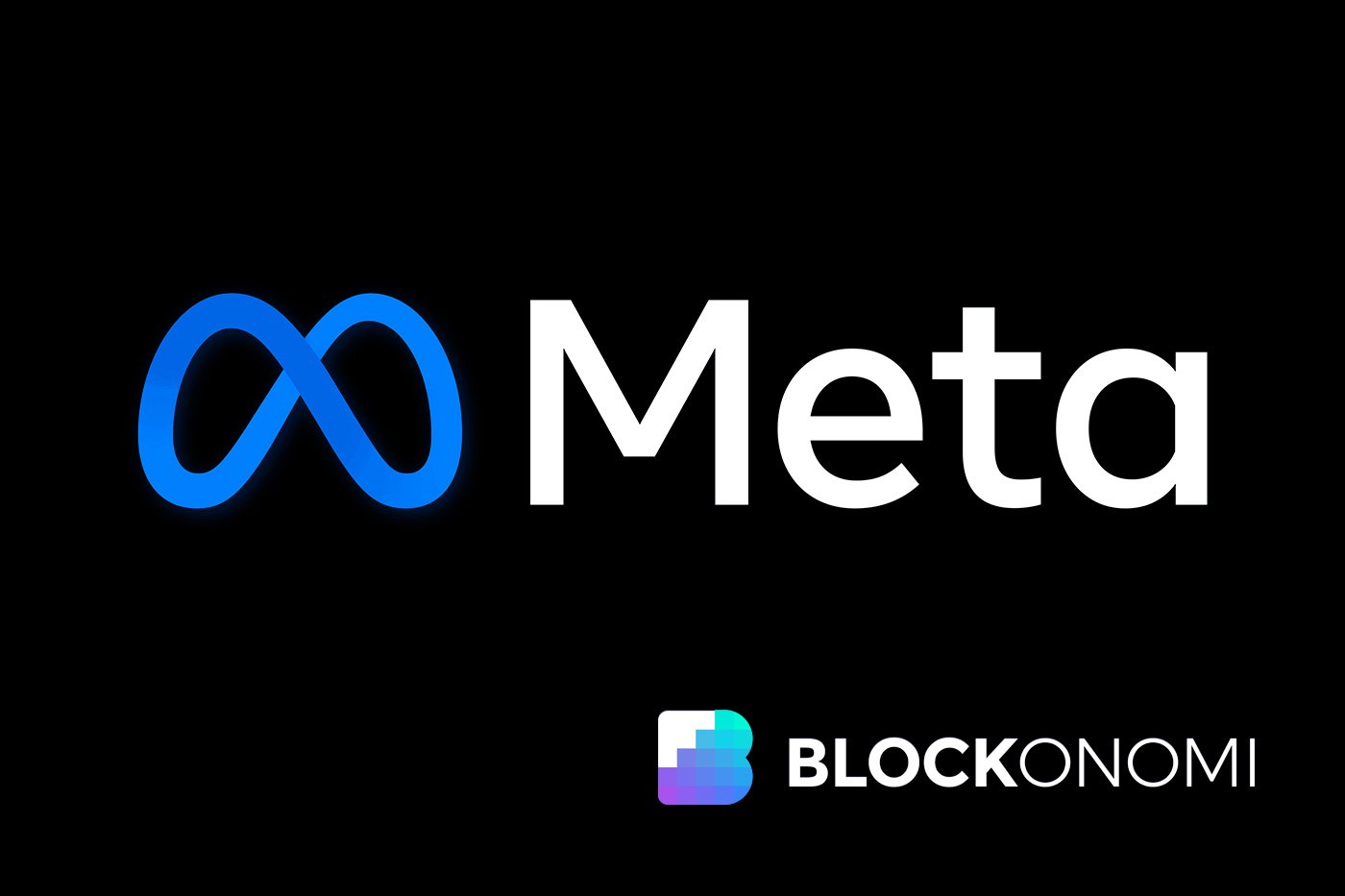
Meta’s Ambitious AI Investments Shake Markets
Meta Platforms, Inc., the parent company of Facebook, Instagram, and WhatsApp, recently announced its third-quarter earnings, revealing record-breaking revenue of $51.2 billion—an impressive 26% year-over-year increase. While the company outperformed Wall Street estimates with an earnings-per-share figure of $7.25 against the projected $6.69, investors remain cautious, leading to a 15% drop in Meta’s stock price.
Why Are Investors Nervous?
The tension stems from Meta CEO Mark Zuckerberg’s aggressive plans for artificial intelligence (AI) infrastructure. The company set a capital spending target of $70-$72 billion for 2025 and hinted at even larger investments for 2026, potentially exceeding $100 billion. These funds are slated to bolster AI integration across Meta’s platforms, including Facebook, Instagram, WhatsApp, Messenger, and Threads.
While the advertising business shows strong signs of growth—ad impressions rose by 14% and ad pricing increased by 10%—the company’s free cash flow tells a more restrained story. Free cash flow fell to $10.6 billion in Q3, down from $15.5 billion the previous year. This is largely attributed to the escalating costs tied to massive infrastructure builds. Investors are understandably questioning the payoff timeline for these AI investments, as Meta has not provided clear projections tying them to future revenue growth.
How AI Could Transform Meta’s Platforms
Despite the uncertainty, the potential long-term impact of AI integration cannot be ignored. Meta’s AI plans could supercharge its advertising tools by offering enhanced targeting, richer engagement, and optimized content delivery. These improvements may eventually lead to higher ad rates and impression volumes. For instance, AI-powered personalization on Instagram could keep users more engaged, translating into higher time spent on the platform and increased ad revenue.
The Bigger Picture
Meta’s approach to AI differs fundamentally from its previous foray into the metaverse. While the metaverse faced skepticism due to unclear adoption timelines, AI already boasts proven applications across industries. This positions Meta to tap into growing consumer demand and enterprise-level use cases. However, transparency in monetization plans will be key to regaining investor confidence.
Should You Invest in Meta Now?
The recent drop in Meta’s stock price, now trading at around $635 compared to $750 pre-announcement, presents a potential entry point for investors willing to weather the uncertainty. Analysts agree that the core advertising business remains robust, backed by an 8% increase in daily active users. Forward revenue guidance exceeding Wall Street expectations also suggests confidence from Meta’s management team.
For those intrigued by Meta’s AI developments, diversifying with stock picks in the AI sector may be a strategic move. A resource worth considering is the Top Stocks in AI and Technology E-Book, offering expert insights into future-growth tech stocks.
Conclusion
Meta’s ambitious AI spending plans may not yield immediate returns, but the company’s leadership in digital advertising and user engagement ensures a strong foundation. By staying informed and focusing on the long-term potential of AI advancements, investors could position themselves for substantial gains in a rapidly evolving technology landscape.






